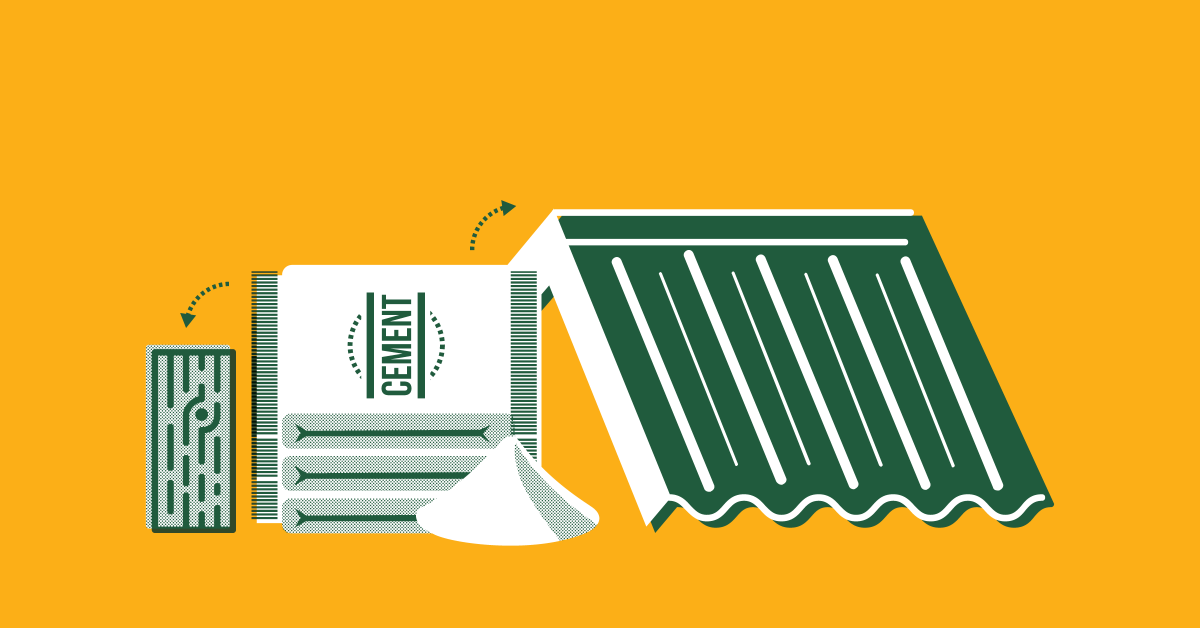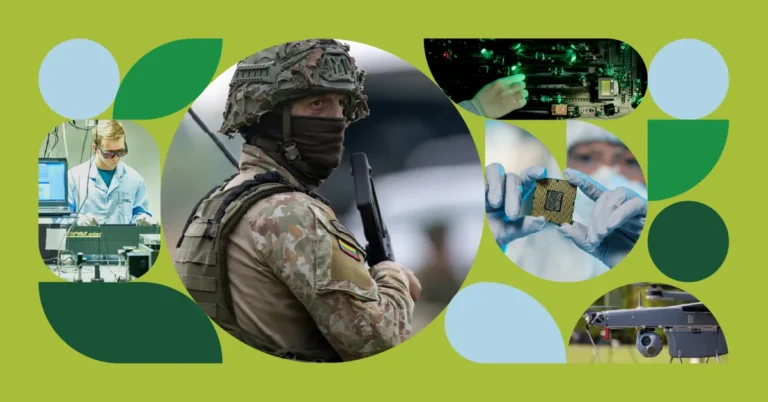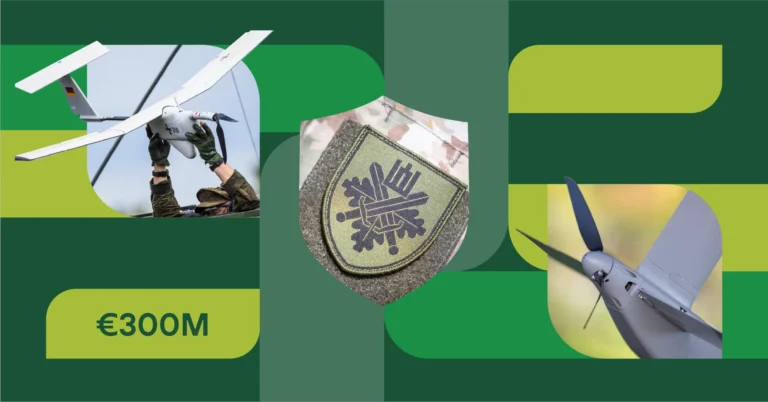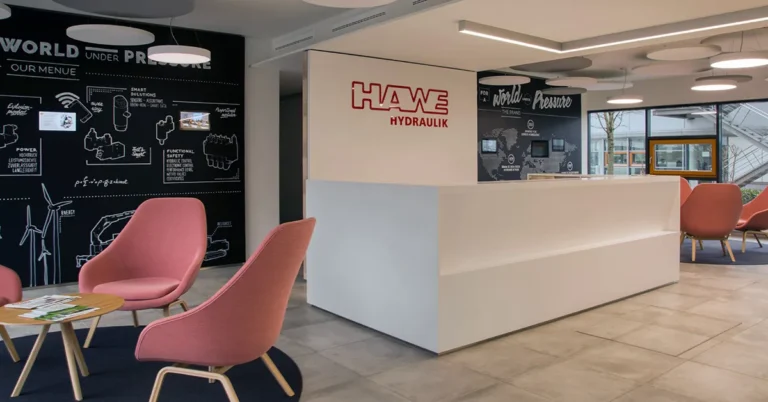Construction is complete on a new production facility belonging to Eternit Baltic, a roofing materials manufacturer. The new unit in Naujoji Akmenė, which comes on line at the end of this year, will produce fibre cement lining for facades.
Eternit Baltic is part of the Etex Group, a global manufacturer of construction materials based in Belgium. After deciding to expand its production capacity in Europe, Etex looked at 4 other potential locations (Belgium, Germany, Poland and Russia) before opting for Lithuania as the site for its new facility. The company chose Lithuania thanks to the success of its existing operations in the Baltic state. In total, Etex has now invested 34 million Euros in Eternit Baltic.
Automated Manufacturing
The facility in Naujoji Akmenė, a town in north-west Lithuania, will produce Cedral fibre cement lining for facades. The facility has a production capacity of over 4 million square meters per year. Eternit Baltic is targeting an initial annual output of 0.5 million square meters in the first year of operations, before increasing production by 50% each year. The new produce is intended for the local, Scandinavian, Central European and Russian markets.
Mr Arvydas Pretkelis, Technical Director at Eternit Baltic, has pointed out that almost all of the manufacturing processes in the new factory will be automated, while the company will employ equipment operators to monitor and maintain the production cycle.
According to Mr Pretkelis, Etex’s wide experience was leveraged when designing the production line for the facility. This has resulted in an efficient set up enabling high quality production conditions. “The manufactured lining will be transported to a special chamber, the so-called autoclave, where it will be matured under specific conditions which will reinforce the product,” said Mr Pretkelis of the system in place.
Expansion of existing facilities
In parallel with the construction of this new unit, Eternit Baltic has also expanded its existing facility in Lithuania. They have added an additional 9,000 square metres of production space to the plant, which is used to manufacture corrugated cement roofing sheets. With the new facility included, Eternit Baltic now boasts 40,000 square metres of production space in Lithuania.
“We use the existing factory not only to manufacture roofing sheets, but also various fibre cement components for roofs,” explains Mr Pretkelis. “Demand for these products has been increasing greatly in Europe in recent years, which is why we decided to expand our activity in this field. With the additional capacity from the new unit, we are targeting a tripling of our exports of roof accessories to Western Europe. We are particularly targeting France, where there is extremely high demand for them,” the technical director said. Currently, Eternit Baltic sell around 1.5 million Euros worth of roofing components.
New Products
The company is also planning to introduce a new product to the local market; next generation, paint-covered corrugated fibre cement roofing sheets. These will be ready for the domestic market as early as this autumn, with exports to follow later. These unique roofing sheets are coated with a transparent mica crystal film, which increases the sheet’s resistance to water, acids and alkalis.
“Since we opened our facility in Lithuania in 2010, we have been conducting extensive tests with new paints for corrugated sheets,” explains company director Giedrius Zeniauskas. “We have now completed these tests and from September, we will be supplying the Lithuanian market with sheets coated in next-generation paint which contains mica crystals.” He said that the exporting of this unique product will mostly be focused on Eastern European markets at first, where they hope to attract significant interest.
Mr Zeniauskas also explained that initial production volumes of these new roofing sheets will be modest, enabling the company to monitor how the market responds to the new product. The target is for these sheets to account for around 20% of Eternit Baltic’s exports in five years time.
Source: Verslo žinios













